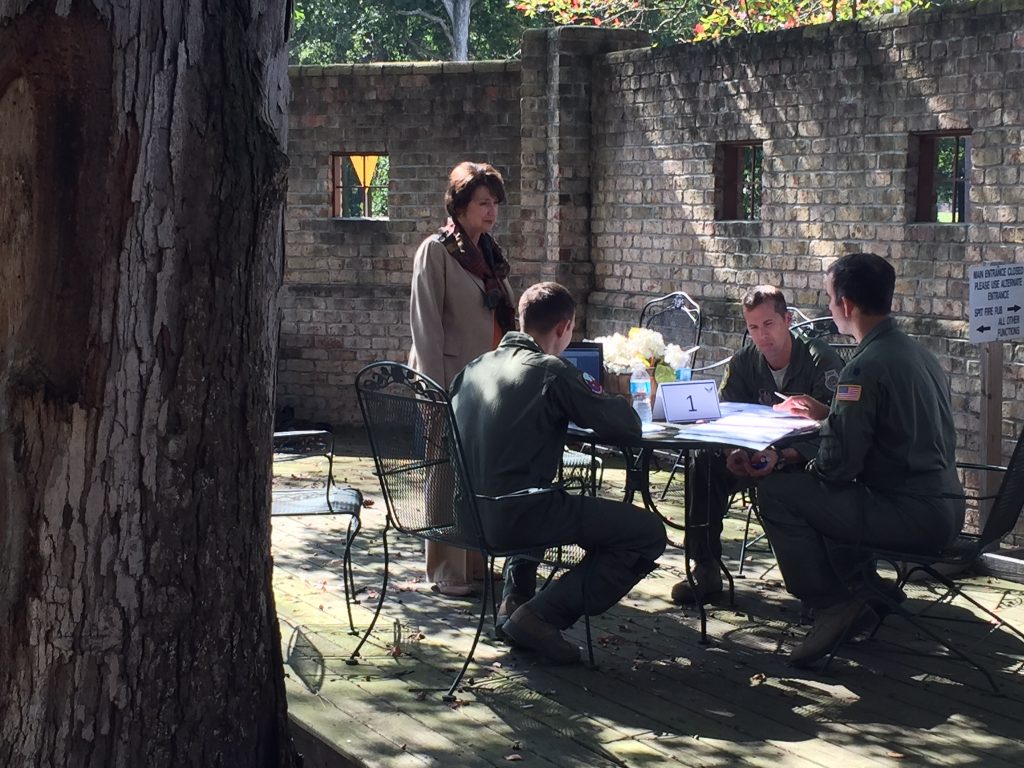Being successful in today’s complex organization environment requires a skill set which may not come naturally for many individuals in leadership positions. Proven leadership capabilities in today’s workplace for both the profit and non-for-profit sectors require individuals to:
- Be visionary and able to communicate the long-term view and goals.
- Demonstrate integrity, honesty and model a set of principles and values.
- Inspire others to action.
- Drive the organization for results.
- Make effective and timely decisions.
- Cultivate and maintain effective partnerships and strategic relationships.
- Advocate for and promote the organization.
- Be interpersonally effective based on mature emotional intelligence.
We are certified to give and debrief the following assessments:
- Myers-Briggs Type Indicator (Step I, Step II, and for Teams)
- Change Style Indicator
- Discovery Learning 360° Feedback
- Thomas-Kilmann Conflict Mode Instrument
- Strong Interest Inventory Assessment
- FourSight Thinking Profile (Innovation)
How can any one individual do all of these things successfully and consistently? In our experience, the leaders who regularly solicit feedback from all stakeholders and continuously hone their skills have the best chance of successfully leading a high performing organization.
LCA’S Executive Coaching Program Highlights Advance Work
The LCA Executive Coaching program is highly customized to meet the client’s specific needs. The program kicks off in a meeting with leadership which serves as the foundation of clarifying requirements, expectations, and measurable leadership development goals.
Prior to the first coaching session, advance work in the form of an LCA 360° assessment and the Myers-Briggs Type Indicator II are completed by the client. These assessments provide the basis for development of the coaching targets and specific development objectives. The Coach consolidates and analyzes the feedback, and links it to work style preference to provide an understanding of behaviors and operating style. Based on the analysis, the LCA Coach will recommend coaching objectives, improvement targets, and recommended next steps to achieve success.
Coaching Sessions
LCA recognizes that in many cases, leaders require coaching focused on interpersonal effectiveness, teamwork, vision and strategy and emotional intelligence. The first coaching session will be 2 ½ hours to enable a full debrief on the feedback and establishment of coaching development targets. The client and Coach will review all feedback and analysis and end the session with agreed upon coaching goals and schedule. Each of the subsequent coaching sessions require 1 ½ hours.
Each client will receive customized coaching materials in the form of a binder and is available electronically depending on preference. Reading assignments in the form of texts and articles will be assigned. Customized “tools and techniques” will be documented and provided before and after each session to support the leadership development. After each coaching session homework assignments will be agreed up and a next session agenda formulated. Each session builds on the last with the client sharing the outcomes of the homework assignments including what worked/didn’t work and where further guidance is required.
For the last coaching session, the LCA Coach will provide scenarios for which the client must identify what he/she would do before coaching and in light of the coaching what he/she should do. This framework ends the coaching program with a summary of “Do’s and Don’ts” based on the entire coaching experience.

Continuous Learning
LCA leaves the client with mechanisms for soliciting feedback from employees, peers and supervisors to support continuous development on the coaching development targets. Timely feedback on whether or not the efforts are beneficial is essential to aligning with expectations, needs and responding to feedback.
